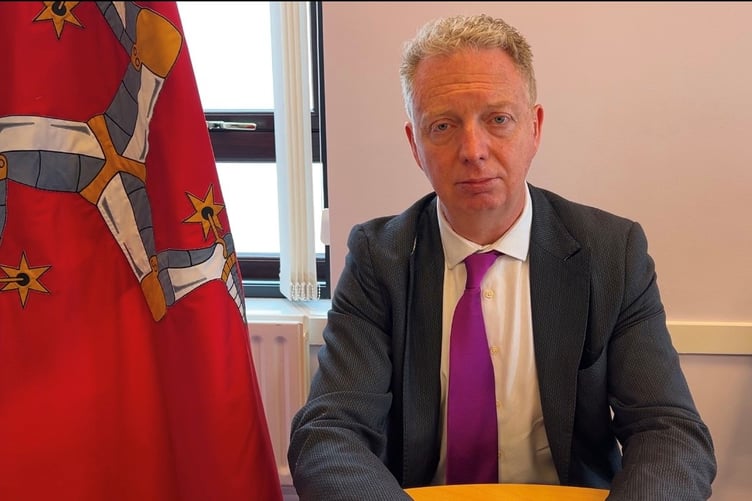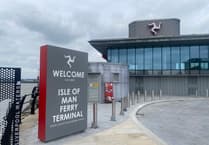In a dramatic u-turn, Treasury has abandoned plans to introduce an NHS Levy.
A 2% charge, separate from income tax, had been proposed to be imposed on all residents by 2027-28 to help fund consistently overspent health services.
But today Treasury confirmed that it will not now be brought forward by this administration.
A consultation launched in March this year attracted more than 3,800 responses.
But in a statement issued this morning, Treasury said that ‘high-level options’ for an NHS Levy had been assessed and will not be brought forward by this administration.
The Treasury Minister said: ‘The increased financial and demand pressures on our health and social care services are well documented and the island is clearly not alone in examining how it can sustain vital frontline services into the future.
‘The consultation gave us the opportunity to gauge public appetite following a commitment in the 2024 Budget and associated Tax Strategy to look at additional ring-fenced income to fund these services.’
Dr Allinson added: ‘While cost pressures clearly affect a number of departments that provide essential public services, Treasury is working with DHSC and Manx Care on a specialist financial recovery programme.
‘This is designed to complement the existing cost improvement programme, drive better value for money and deliver reform through the expansion of community services.
‘Questions and concerns regarding any proposed new NHS funding stream were inevitable, and the consultation has been useful in clarifying thinking that will help inform options in the future.
‘I would like to thank everyone who took the time to share their views with us.’
The full consultation response will be published in due course.
Treasury had said a levy on all income would mean more of those who potentially benefit from the health service would contribute to the cost of it.
A £5,000 cap on the maximum amount payable by an individual was proposed.
A 2p increase in the higher rate of income tax to 22% was introduced in last year’s Budget, with the aim being to ring-fence the estimated £20m of extra revenue it raised for the cash-strapped NHS.
The higher rate was reduced by 1p in this year’s Budget.
Dr Allinson said at the time that the tax rise was always going to be a temporary measure pending the introduction of a new NHS Levy.
Under the proposals outlined in the consultation, the levy could have been charged on income subject to double taxation relief i.e. earnings, pension or investment income from another country on which foreign income tax has already been paid.
It could also have also been imposed on amounts which are currently exempt from income tax such as lump sums on retirement, war pensions, benefits in kind and TT Homestay.
Controversially, the consultation asked whether social security benefits including means tested benefits like Income Support and non-means-tested benefits Jobseeker’s Allowance and Incapacity Benefit should be subject to the levy as well as Employed Persons Allowance.
Income sheltered from income tax by additional allowances, deductions or reliefs applied such as single parent or disabled allowance, mortgage interest relief, charitable donations or nursing expenses could also be included.
If the charge was set at 2% and the levy- free threshold at £14,750, an income of about £265,000 per year for individuals would have been required to reach a cap of £5,000.


-(1).jpeg?width=209&height=140&crop=209:145,smart&quality=75)
.jpeg?width=209&height=140&crop=209:145,smart&quality=75)
.jpeg?width=209&height=140&crop=209:145,smart&quality=75)